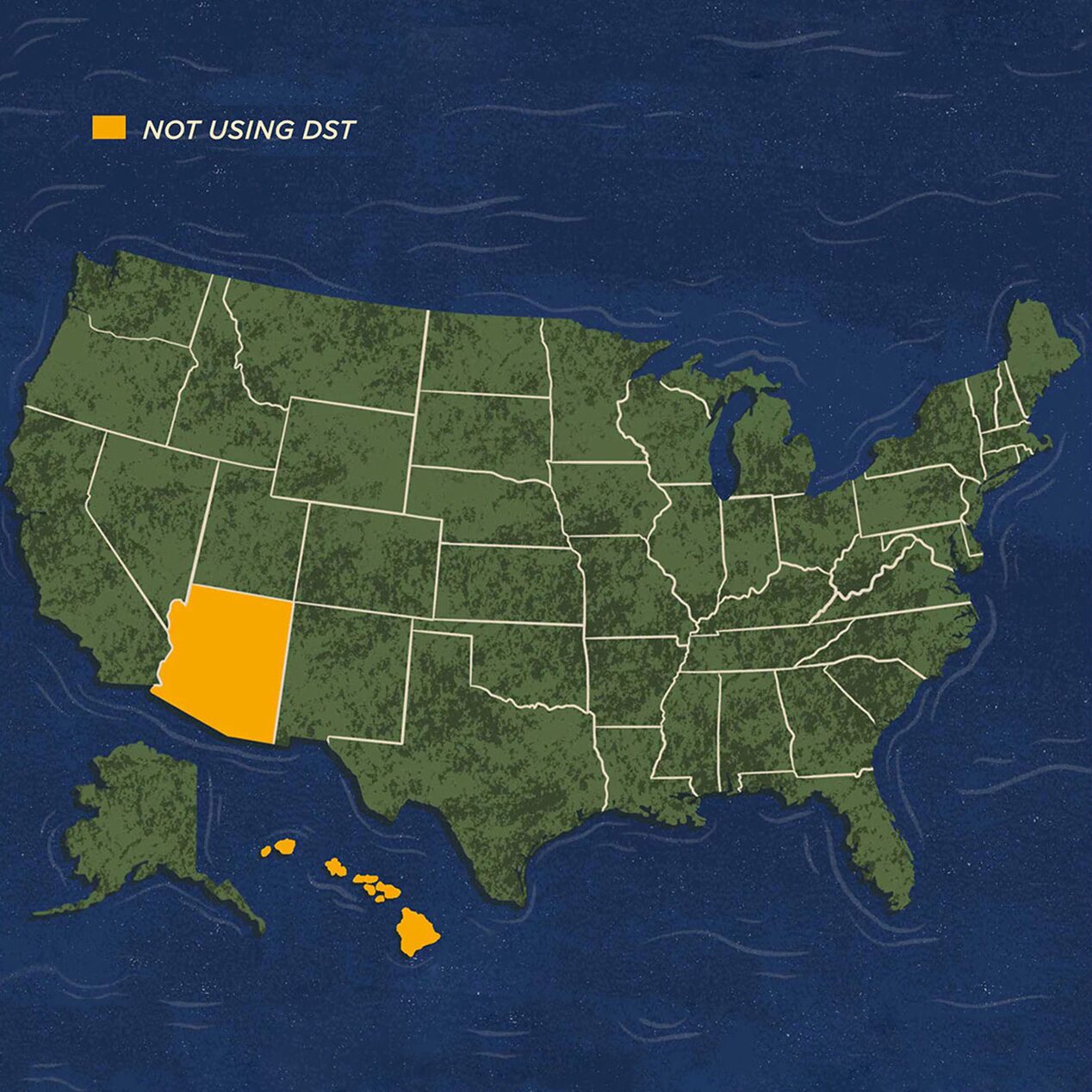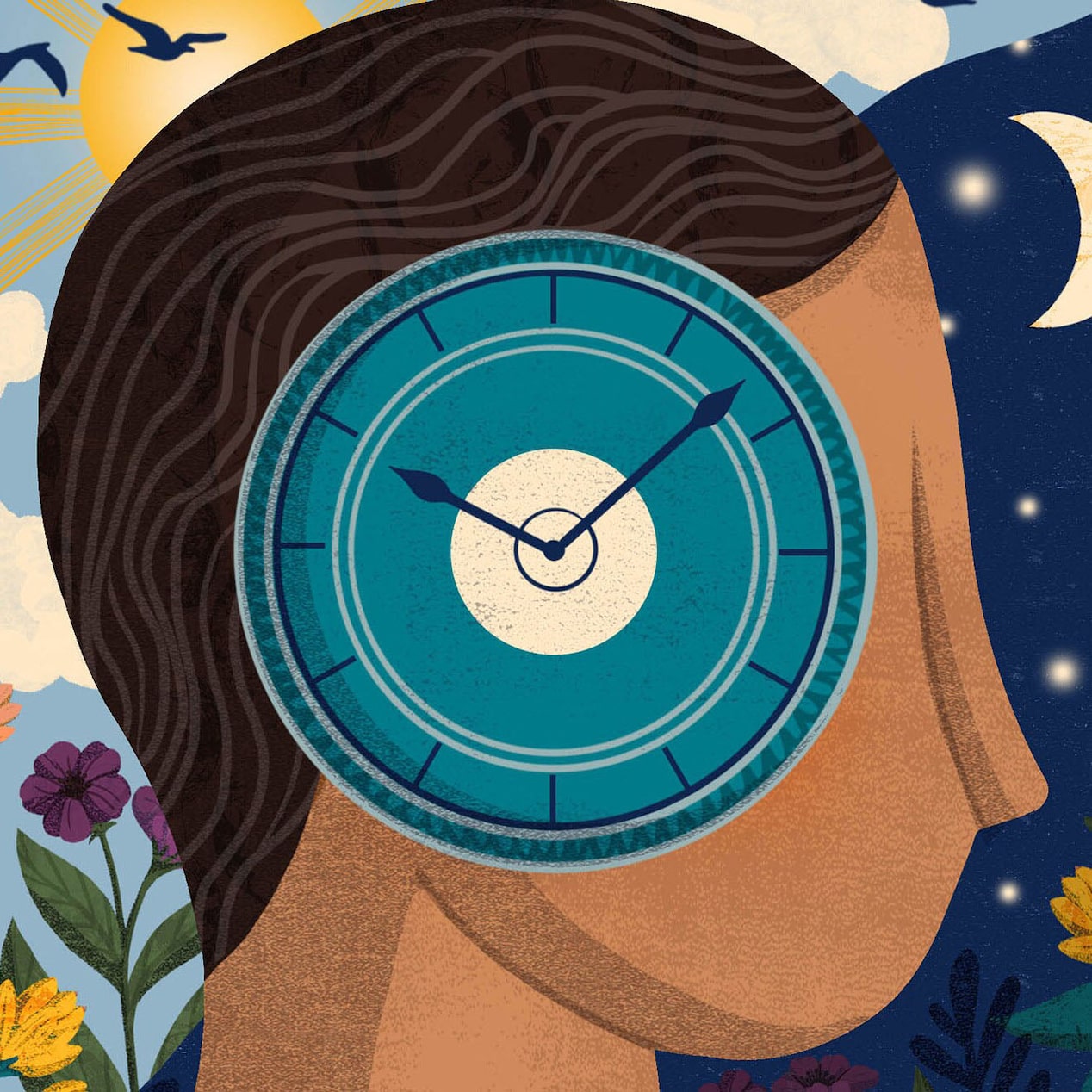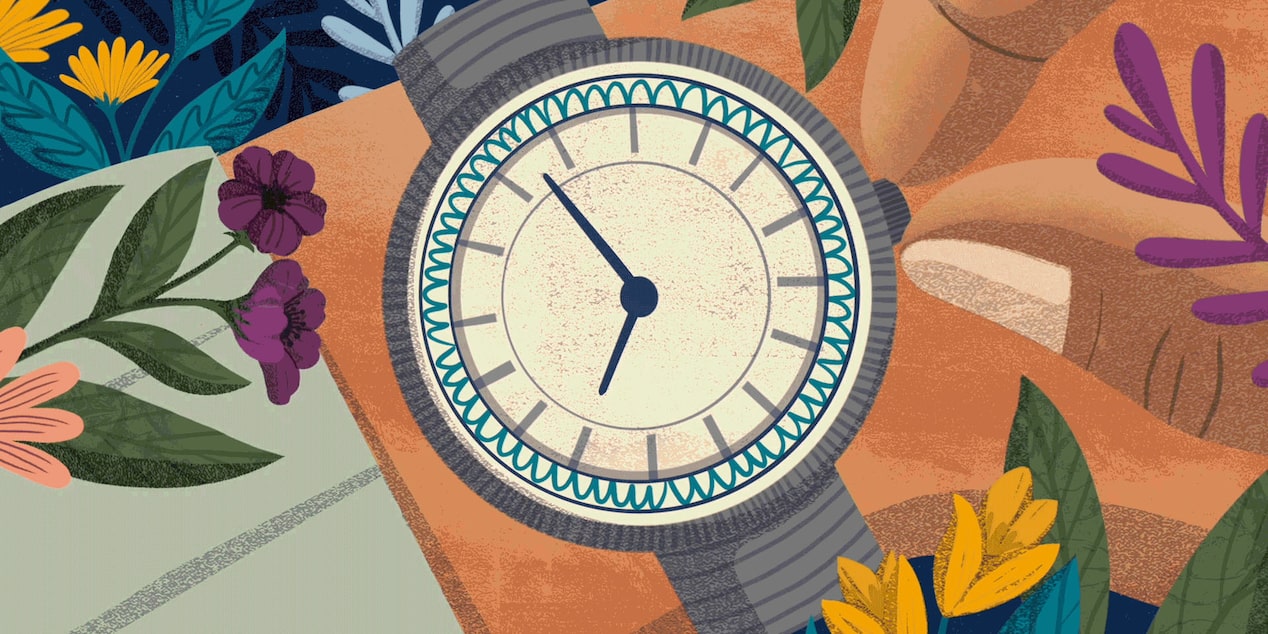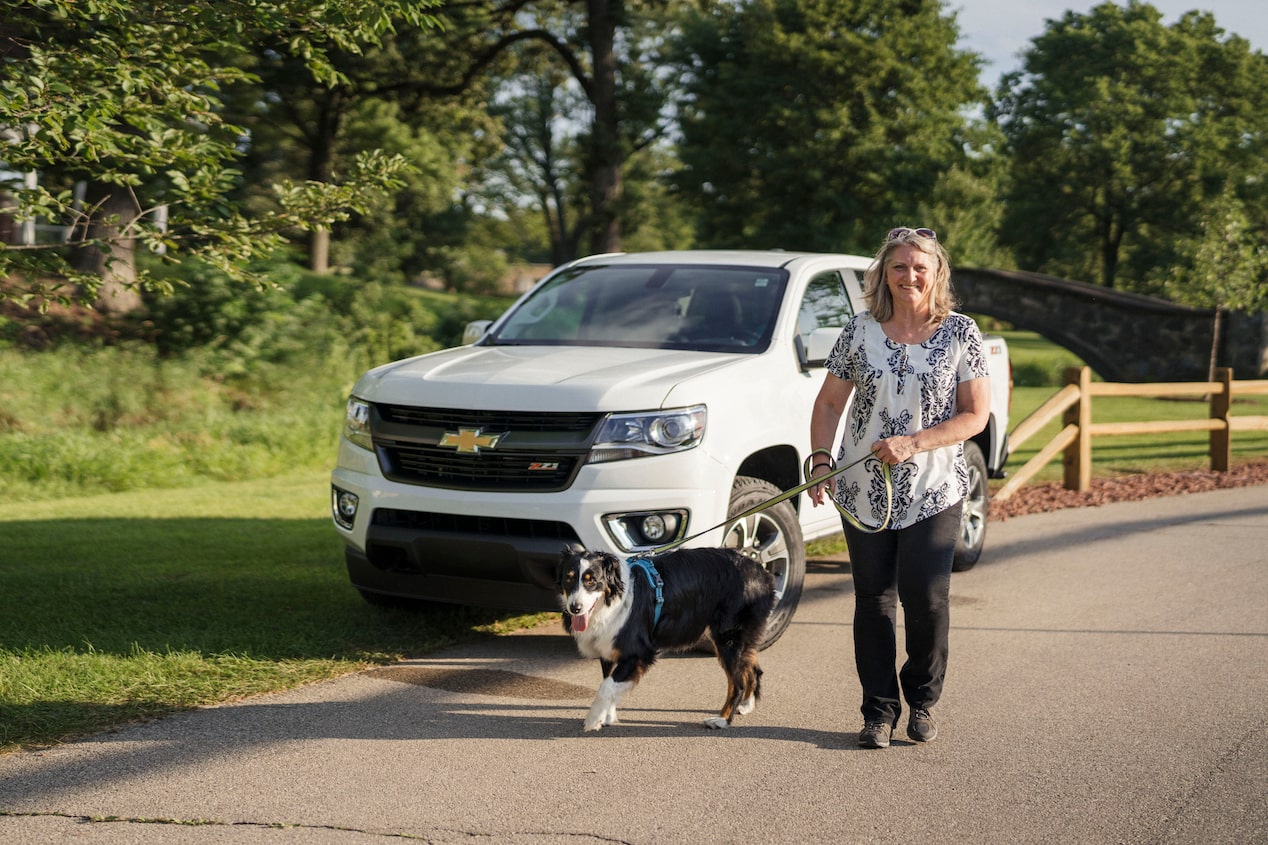Tips to help you cope with daylight saving time
It’s a day many of us dread: the start of daylight saving time. It’s already hard to drag yourself out of bed in the morning, but losing an hour of sleep when the clocks spring forward can make it even more difficult. And setting the clocks forward an hour doesn’t just mean people are losing sleep; it is also linked to a number of health issues and an increase in vehicle crashes, according to data from the Cleveland Clinic.
What is daylight saving time?
In the United States, most regions set their clocks forward one hour at 2 a.m. on the second Sunday in March, causing increasingly later sunsets. This year, that falls on March 13, 2022. Hawaii and Arizona are currently the only two states that do not observe daylight saving time, but many other states are considering laws to avoid springing forward in the future.

The dangers of daylight saving time
Your daily schedule for sleep and wakefulness is controlled by your circadian rhythm, which is tied to your 24-hour body clock. Losing an hour of sleep affects that rhythm and consistency, increasing the risk of having a heart attack or another cardiovascular event. “We see a significant rise in heart attacks the Monday after daylight saving time compared to other Mondays during the year,” says Michelle Drerup, psychologist and director of Behavioral Sleep Medicine at the Cleveland Clinic. “Less sleep is causing increased inflammation and that has something to do with it.”
Drerup says researchers have also seen data that suggests there may be an increase in mood disorders and suicides due to the disruption caused by the time change. “Some people just have a lot harder time adjusting to that than others,” she says.

According to several studies, the spring time change increases the fatal traffic accident risk in the U.S., with the highest risk in the morning. Drerup believes there are several reasons behind the increase. People are more tired or may be rushing to their destination because they woke up late. And it’s darker in the morning, so there’s lower visibility and it’s more difficult to see other vehicles or pedestrians.
“We’re already a chronically sleep-deprived society. So losing that hour of sleep takes away from what we may not be getting enough of already,” says Drerup.
How to deal with daylight saving time
Losing an hour of sleep during daylight saving time is very similar to jetlag, according to Drerup. She says there are several ways you can prepare for and deal with the time change so it doesn’t affect you as badly.
- Start preparing a few days early. Gradually alter your bedtime several days before the transition. Drerup recommends you start going to bed 15 to 30 minutes earlier than usual because your body will need the extra time to make up for the lost hour. Additionally, wake up 15 to 20 minutes earlier a couple days before the time change so you’re more tired in the evening and want to go to bed sooner.
- Don’t take long naps. Once you lose that hour of sleep, you may get tired during the day. But you should “nap in moderation,” says Drerup. “Keep it to only 20 to 30 minutes so you’re not taking away from your sleep drive.”
- Stick to your routine and schedule. Be consistent with exercising, eating and even what time you usually drink coffee or other caffeinated beverages during the transition to daylight saving time. You should also expose yourself to bright light when you wake up because it helps set your body’s circadian rhythm, according to Drerup.
- Avoid too much caffeine and alcohol. Avoid drinking coffee at least 5 to 6 hours before bedtime, even if you feel tired. “Drinking more coffee in the late afternoon and evening can affect your sleep at night,” says Drerup. She also advises you avoid alcohol at night. It may seem like a way to relax but it actually makes your sleep less restorative and causes sleep fragmentation (repetitive short interruptions of sleep), making you feel more tired.
- Keep good sleep hygiene. “Just like you have dental hygiene to keep your teeth in the best shape, you should also practice good sleep hygiene,” says Drerup. This includes avoiding heavy workouts before bed; putting your phone, computer or tablet away; and turning off the television and picking up a non-suspenseful book instead. Also, try to stay consistent with how much sleep you get each night and only use the bed for sleeping.

How OnStar can help
Even with the increased risk on the road due to the time change, OnStar
And OnStar doesn’t just assist Members — you can be a Good Samaritan by pushing the red Emergency button
It’s never easy to lose that hour of sleep with the beginning of daylight saving time. But following these tips, you’ll feel more prepared so you can spring forward to the best of your abilities, while minimizing the impact on your health, driving safety and sleep schedule.





